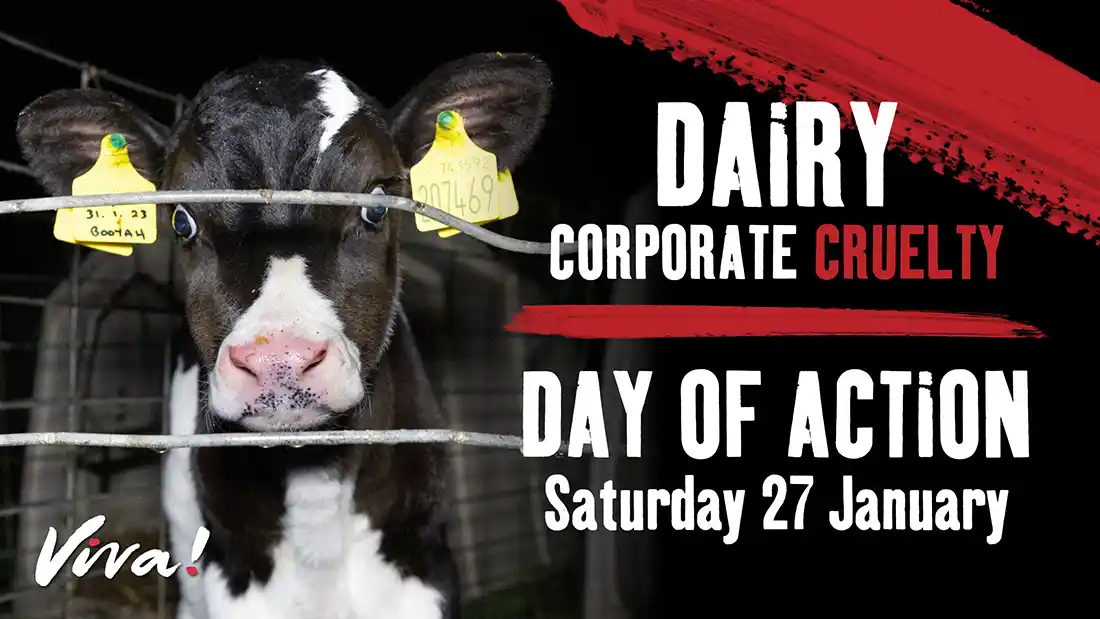Colic
Colic is the term used to describe excessive, frequent crying in a baby who appears to be otherwise healthy and well fed. It is a poorly understood yet common condition that affects around one in five babies.
While the exact cause is unknown several factors are thought to contribute including poor digestion, lactose intolerance and/or a reaction to cow’s milk proteins.
Avoiding cow’s milk in the baby’s diet may not be enough; mothers may have to avoid it too! The breast milk of mothers who consume cow’s milk and dairy products can contain proteins from these foods and the symptoms of colic have been seen to disappear in infants whose mothers remove cow’s milk from their diet. Ditching dairy could be a useful way to avoid or treat colic in breastfed infants. Cow’s milk has the strongest association with colic but some other foods are also associated including: onions, chocolate, cabbage, broccoli and cauliflower.
It is a good idea to continue breastfeeding as weaning on to formula milk may make the colic worse. The World Health Organisation recommends that most women should exclusively breastfeed their babies for six months with continued breastfeeding along with appropriate complementary foods up to two years of age or beyond. They conclude that in general this is the healthiest start to life for a baby.
Read the Mother & Baby Guide.




